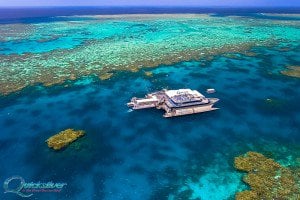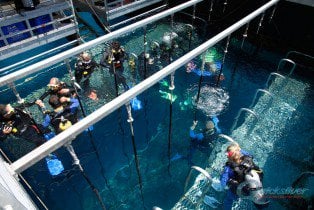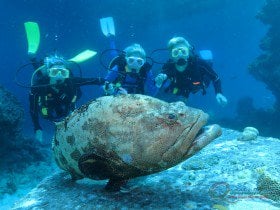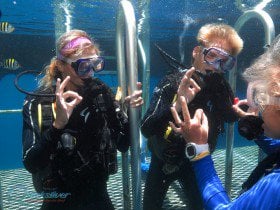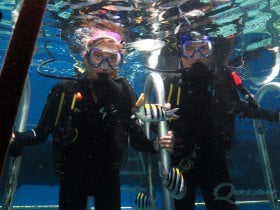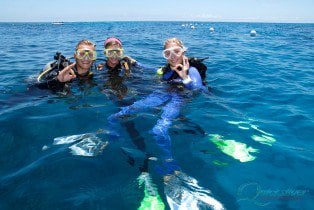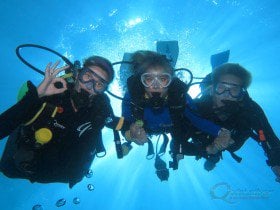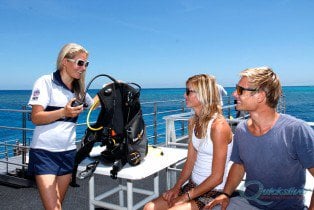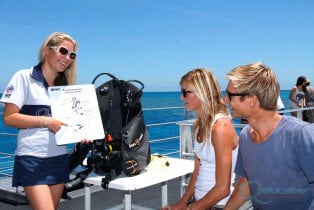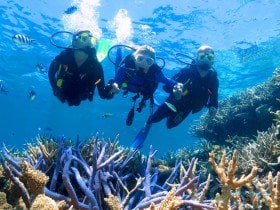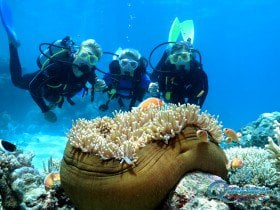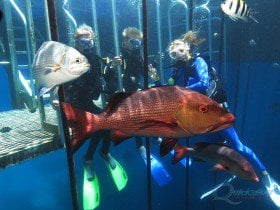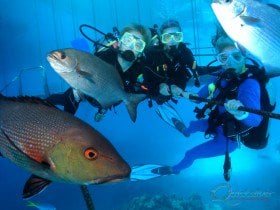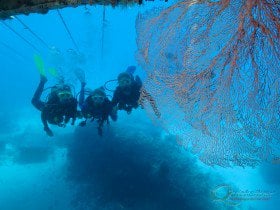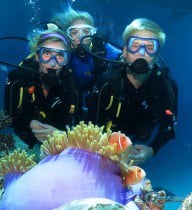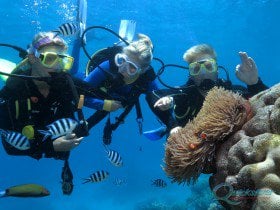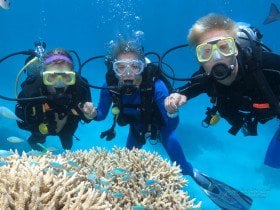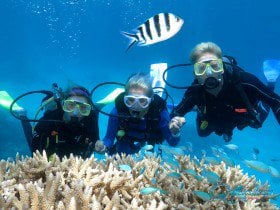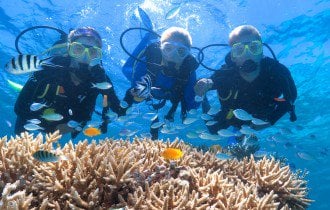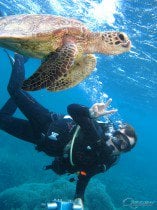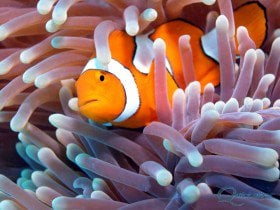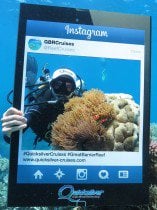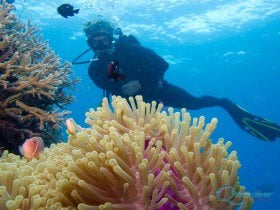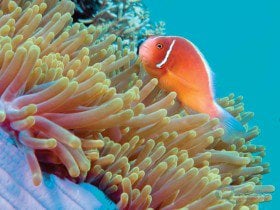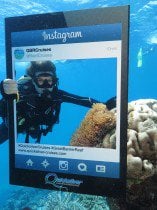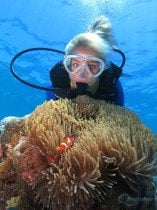Dive Medical Information
When diving in Australia there are different regulations and requirements compared to those in other countries. The following rules apply in Queensland:
Introductory or Resort Dives: You will need to fill in a Medical Questionnaire. If answering YES to any question it will not necessarily disqualify you from diving, but will indicate the need for a medical assessment by a qualified physician prior to diving that conforms to Australian Medical Standard AS4005-1.
Experienced/Certified Divers: Prior to diving, you may be asked to fill out a Medical Questionnaire; this is not a legal requirement but is done in the your own best interests.
The purpose of the questionnaire is to determine whether you should be examined by a doctor. There may be a pre-existing condition that has not stopped you from diving in your own country, but Australian laws do not allow; or perhaps there could be a new condition developed since you became qualified to dive which may well affect your safety while diving.
If you answer YES to any of the conditions listed on the Medical Questionnaire, we recommend you see a physician for further assessment in order to scuba dive. It is best to visit a physician whilst in Australia, as this medical will comply with Australian Standards (AS4005.1).
Scuba diving is an exciting and demanding activity. To scuba dive safely, you must not be extremely overweight or out of condition. Diving can be strenuous under certain conditions. Your respiratory and circulatory systems must be in good health. All body spaces must be normal and healthy. A person with heart trouble, a current cold or congestion, epilepsy, asthma, a severe medical problem, or is who under the influence of alcohol or drugs, should not dive. If taking medication, consult your doctor before taking part in this program.
Dive Medical Questionnaire
The purpose of this Medical Questionnaire is to find out if you should be examined by a physician before participating in recreational diving. A positive response to a question does not necessarily disqualify you from diving. A positive response means there is a preexisting condition that may affect your safety while diving and you must seek the advice of a physician.
Please answer the following questions on your past and present with a YES or NO. If you are not sure, answer YES. If any of these items apply to you, we must request that you consult with a physician prior to participating in scuba diving. Your instructor will supply you with a PADI Medical Statement and Guidelines for Recreational Scuba Diver’s Physical Examination to take to a physician.
Have you suffered from, or do you now suffer from, any of the following:
- Asthma or wheezing
- Fainting, seizures or blackouts
- Chronic Bronchitis or persistent chest complaints
- Chronic sinus conditions
- Chest surgery
- Recurrent ear problems when flying
- Epilepsy
- Diabetes Mellitus (sugar diabetes)
- Tuberculosis or other long-term lung disease
- Brain, spinal cord or nervous disorder
- Heart disease of any kind
- Collapsed lung (pneumothorax)
- Ear Surgery
- Are you currently suffering from:
- Breathlessness
- Chronic Ear Discharge or infection
- High Blood Pressure
- Perforated eardrum
- Other illness or operation within the last month
- Are you currently taking any medicine or drug (excluding oral contraceptives)?
- Have you ingested any alcohol within the last 8 hours prior to diving?
- Are you pregnant?
- Do you understand that any concealment of any condition incompatible with safe diving might put your health or life at risk?
- Do you understand that you should not go to altitude (fly) within 12 hours of completing a single dive or a minimum of 18 hours when doing multiple dives (recommended 24 hours)?








